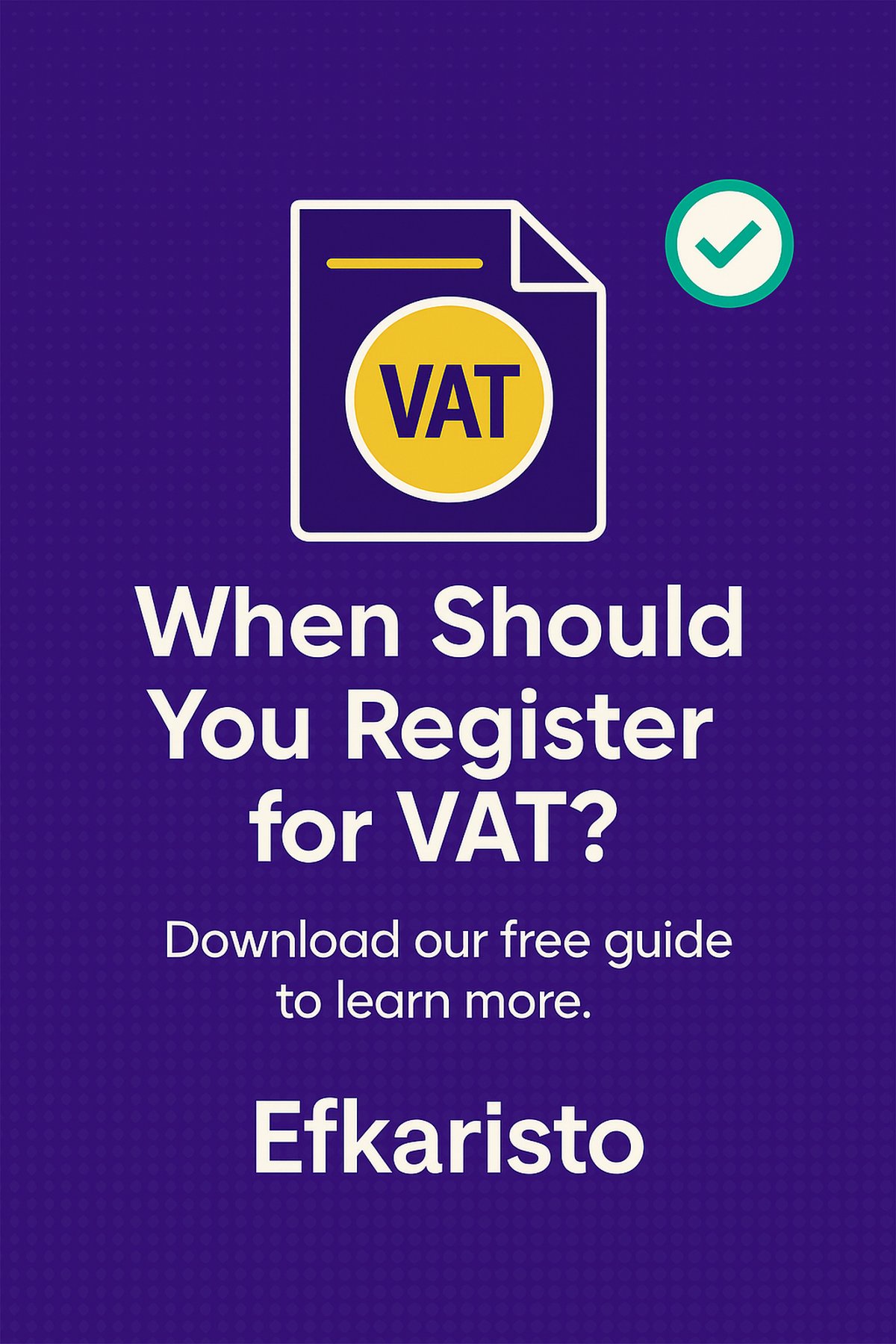Navigating the Digital Shift: An Intro to Making Tax Digital for Income Tax

A brief introduction to making tax digital for income tax
In an era where digital solutions are transforming nearly every aspect of our lives, it's only fitting that the tax system follows suit. Welcome to the world of Making Tax Digital (MTD) for Income Tax in the UK! This initiative by HM Revenue and Customs (HMRC) marks a significant leap towards a fully digital tax system. But what does it really mean for you? Think of it as a digital revolution that aims to simplify income tax management, reduce errors, and enhance efficiency for individuals and businesses alike. No more paper trails or cumbersome processes; instead, it promises real-time updates and streamlined interactions with HMRC. Whether you're a seasoned entrepreneur or new to the business world, understanding MTD is crucial. Let's embark on this journey together as we explore what Making Tax Digital means, its key features, and how you can seamlessly transition to this digital tax future.
Understanding Making Tax Digital: A Brief Overview
Making Tax Digital is not just a buzzword; it's a transformative approach to tax management that impacts every taxpayer in the UK. At its core, MTD is designed to make it easier for individuals and businesses to get their tax right, thereby minimizing errors and enhancing productivity. This initiative mandates digital record-keeping and requires taxpayers to submit updates to HMRC every quarter through compatible software. Imagine having a digital tax assistant that keeps your records up-to-date and ensures you never miss a deadline. This is essentially the convenience MTD offers. The system is a part of the UK's broader strategy to modernize the tax system, making it more transparent and user-friendly. Remember that while this change might seem daunting at first, it's a step towards a more organized and efficient tax management system, ultimately benefiting everyone involved.
Why Is Making Tax Digital Important for Income Tax?
The importance of Making Tax Digital for Income Tax in the UK cannot be understated. As a taxpayer, whether you're self-employed, a landlord, or running a business, the transition to a digital tax system offers numerous advantages. First and foremost, it reduces the likelihood of errors, which in turn minimizes the risk of penalties. By keeping digital records and submitting quarterly updates, taxpayers can ensure that their income tax submissions are accurate and up-to-date. Additionally, MTD facilitates better financial planning and cash flow management, as taxpayers gain greater visibility into their tax obligations throughout the year. This proactive approach means no more unexpected tax surprises at the end of the financial year. Plus, the digitalization of tax processes supports environmental sustainability by reducing paper usage. Embracing MTD is not just a compliance requirement; it's an opportunity to enhance your financial management in a sustainable manner.
Key Features of the Digital Tax System in the UK
The digital tax system under Making Tax Digital for Income Tax UK is characterized by several key features that promise to revolutionize the way taxes are managed. Firstly, it requires the use of compatible software for maintaining digital records and submitting updates. This ensures that all data is stored securely and is easily accessible whenever needed. Secondly, the system mandates quarterly reporting, meaning taxpayers must submit income and expenditure updates to HMRC every three months. This promotes timely tax compliance and allows for more accurate tax estimates throughout the year. Another crucial feature is the real-time interaction it enables with HMRC. This means faster responses and resolutions to tax-related queries and concerns. Moreover, the digital system integrates seamlessly with accounting software, making it easier to maintain records and ensure accuracy. These features collectively make the digital tax system more transparent, efficient, and user-friendly, ultimately benefiting all stakeholders involved.
How to Prepare for the Digital Tax Transition
Preparing for the transition to Making Tax Digital for Income Tax UK is crucial for both individuals and businesses. Here are a few steps to ensure a smooth shift to the digital tax system. Firstly, familiarize yourself with the requirements and guidelines set forth by HMRC. This includes understanding the necessity of digital record-keeping and quarterly submissions. Secondly, invest in compatible accounting software that meets MTD requirements. This will not only help you manage your records efficiently but also facilitate seamless interaction with HMRC. Next, consider seeking professional advice or training to get acquainted with using digital tools effectively. Lastly, start transitioning your records to digital formats as soon as possible. By getting a head start, you'll avoid the last-minute rush and ensure your systems are ready for the new requirements. Remember, preparation is key, and taking these steps will ensure you're well-equipped for the digital tax era.
Common Questions About Making Tax Digital
As with any significant change, Making Tax Digital for Income Tax UK comes with its share of common questions. One frequent query is about the eligibility criteria: who is required to comply with MTD? As of now, VAT-registered businesses with a turnover above the VAT threshold are mandated to follow MTD guidelines. However, the scope is expanding, and it is advisable for all taxpayers to prepare for eventual inclusion. Another popular question revolves around software compatibility. Taxpayers often wonder which software solutions are approved by HMRC for MTD. HMRC provides a list of compatible software, and it's crucial to choose one that aligns with your specific needs. Lastly, many people ask about the benefits of transitioning to MTD. From reducing errors to improving financial visibility, the advantages are plentiful. If you have any lingering questions, don't hesitate to reach out or consult HMRC's resources for comprehensive guidance.

When Should You Register for VAT? A Simple Guide for Small Business Owners

5 Signs It's Time to Move Your Bookkeeping to the Cloud

How the July Tax Deadlines Affect Small Businesses (And What You Should Do Now)